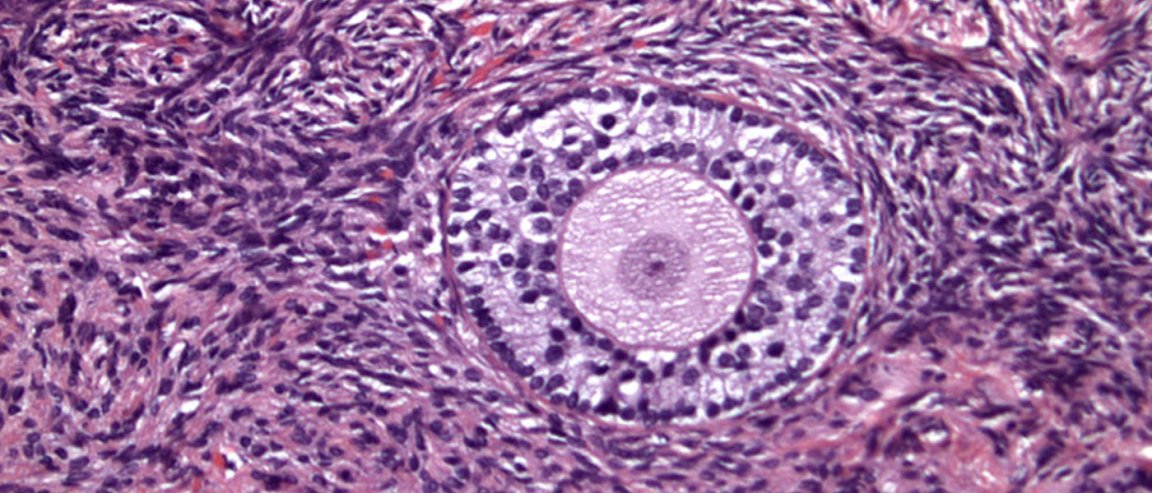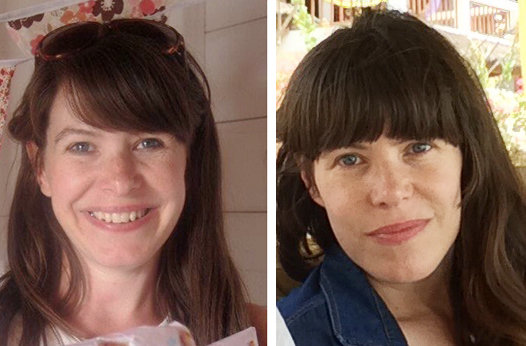
Delaying Motherhood
Part of the lasting legacy that we leave on this Earth before it’s our time to go can be found in our children. With that, many men and women today, therefore not only look forward to, but also embrace the concept of parenthood. But here’s an almost unheard of phenomenon in the world we live in today: twin sisters who are trying to get pregnant using the ovaries that they had frozen in 2009.
Joanne and Sarah Gardner each had an ovary removed and frozen when they were in their late 30s. Now 44, the women had the ovaries reimplanted in June.
It started when Sarah, who was then 34, was getting worried about whether she’d ever have a baby. She took a test that aims to measure a woman’s fertility and it turns out she had the fertility of a woman in her mid-40s.
Sarah found Dr. Sherman Silber, a surgeon who runs the Infertility Center of St. Louis, Missouri. To that end, together with her twin sister, Joanne, had their ovaries frozen. The Gardner sisters’ ovaries can be thawed and returned to them via surgery when they’re ready to have children.
The approach was originally developed for women who are being treated for cancer and hope to preserve their fertility but don’t have time to freeze their eggs. Some cancer treatments can destroy fertility.

Time Is Right
Last June, Sarah got engaged and wants to finally try to have a baby. She and Joanne both returned to St. Louis in June to get their ovaries reimplanted.
“It’s weird,” Sarah says. “It’s like we went in a time machine — a fertility time machine. It’s amazing.”
The sisters hope their reimplanted ovaries will help them get pregnant and reverse their menopause.
The procedure is still considered experimental, and the Gardner sisters may be the first women without a history of cancer to have undergone it, according to Silber.
Egg freezing, on the other hand, has been studied more extensively. And many experts say egg freezing, with its far from certain success, is much safer than going through two surgical procedures to have an ovary removed and later reimplanted.